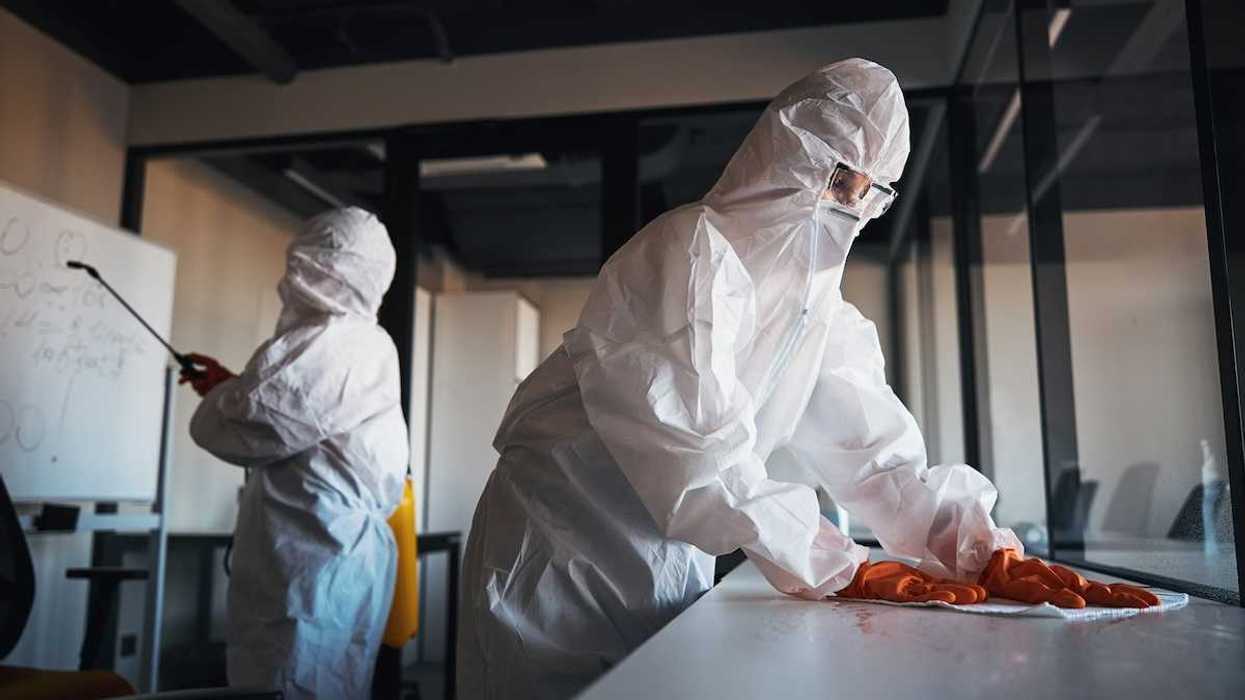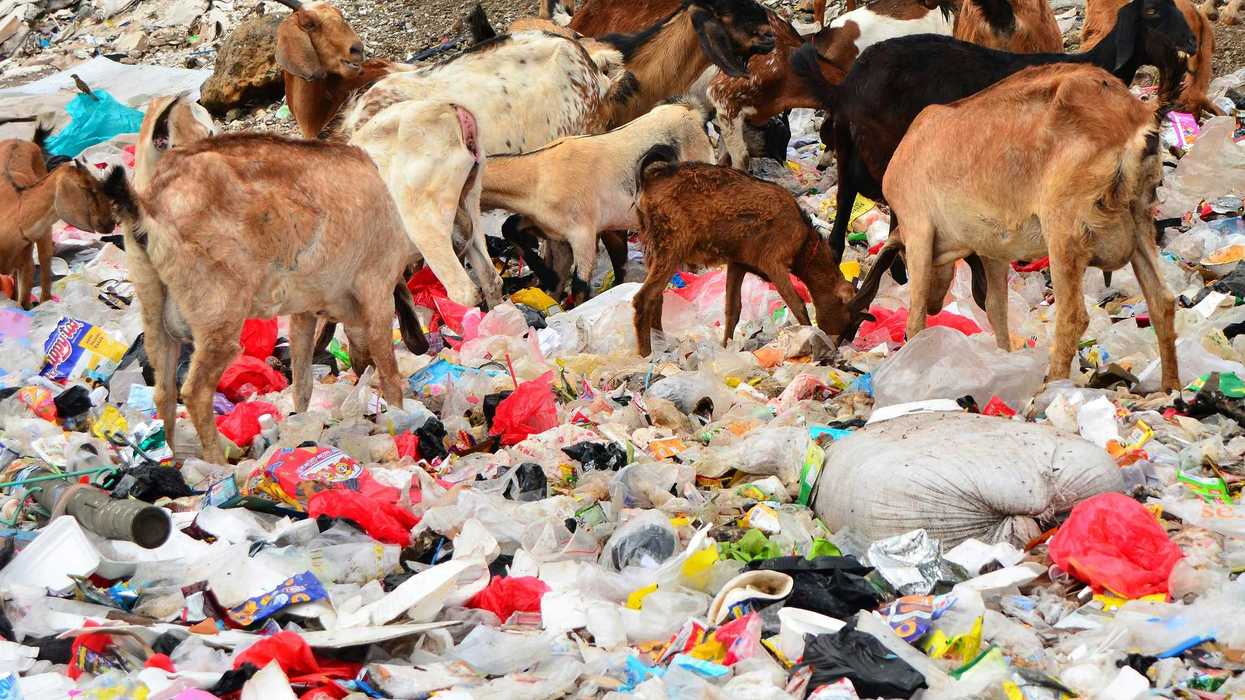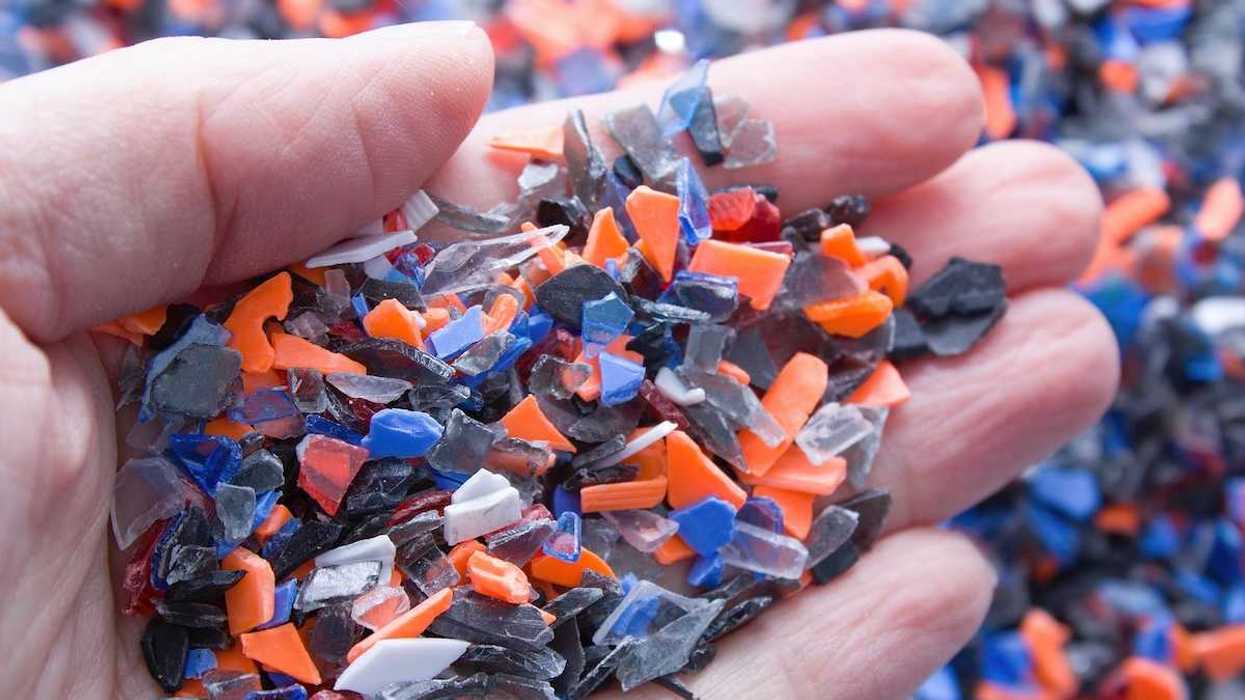A revealing investigation highlights how the meat industry's rampant use of antibiotics is contributing to a significant rise in antibiotic-resistant infections, posing a serious threat to global health.
Catherine Early reports for Reuters.
In short:
- The meat sector accounts for 73% of global antibiotic consumption, inadvertently fostering antibiotic resistance and increasing human mortality.
- While European countries have seen a decrease in antibiotic use in livestock due to stringent regulations, the U.S. and other nations lag behind, with laxer policies.
- Efforts to reduce antibiotic use in meat production face challenges, including insufficient investor interest and corporate policy backtracking.
Key quote:
“A lot of countries either have very limited restrictions in place, or nothing at all. Companies often claim to comply with local regulation, but a lot of robust action is needed before regulation comes into place, so corporate actions become really, really important.”
— Emma Berntman, senior engagement specialist at the FAIRR Initiative
Why this matters:
Antibiotics are added to the feed or water of cattle, pigs, poultry, and other livestock to prevent illness and enhance growth rates, a method that has been in use since the 20th century. While this has led to increased production efficiency and lower costs for meat and poultry, it also has unintended consequences, including for farmworkers and their families.













